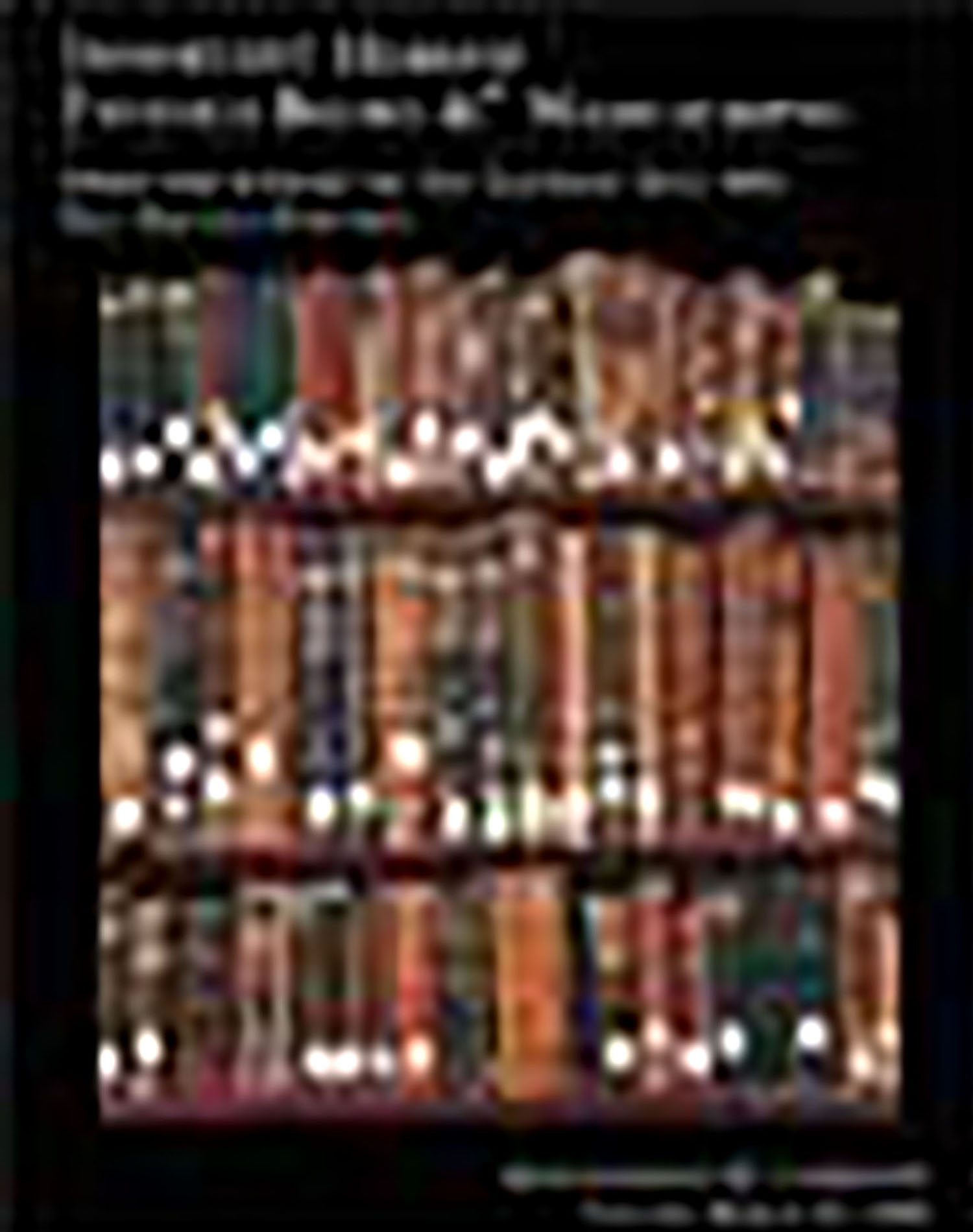Sepher Ikrim [philosophy]

AUCTION 12 |
Tuesday, March 13th,
2001 at 1:00
Important Hebrew Printed Books and Manuscripts From the Library of the London Beth Din
Lot 16
ALBO, JOSEPH.
Sepher Ikrim [philosophy]
Rimini: Gershom Soncino 1522
Est: $8,000 - $10,000
Although Albo was not an original thinker or writer, his Sepher Ikarim presented religious-philosophical problems in a clear form that made them accessible and comprehensible to all. According to Zinberg; “[Sepher Ikarim] is a popular work, permeated with the heartfelt accents of the inspired preacher.”
Albo’s philosophical expose proceeds from the view that every religion is founded on three basic principles: the existence of God, Revelation and reward and punishment. The true faith, according to Albo, is only that which recognizes not only the roots of these three fundamental principles, but also their logical consequences. The goal of man lies in perfecting himself, and the way of human perfection according to Albo, lies in striving to become similar to the supreme symbol of perfection - God. This can be achieved by doing good and right out of love for God through the loving fulfillment of His will and commandments. Albo also deals with the terrors of the imminent catastrophe to befall Spanish Jewry by offering consolation. He interprets suffering as “chastisements of love” imposed as a trial which only serves to strengthen the bond of love between God and Israel. As long as Israel cleaves to God’s ways, they may not lose hope that the day of redemption will come. For a brief examination of Albo’s philosophies and the thinkers upon whose ideas he built, see I. Zinberg, A History of Jewish Literature, Vol. III (1974) pp. 233-239.
